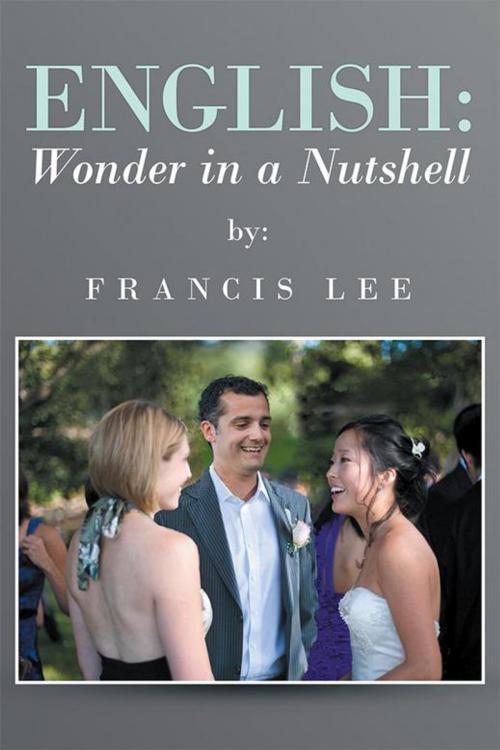English: Wonder in a Nutshell
Nonfiction, Reference & Language, Language Arts, Communication, Grammar| Author: | Francis Lee | ISBN: | 9781503507067 |
| Publisher: | Xlibris AU | Publication: | August 28, 2015 |
| Imprint: | Xlibris AU | Language: | English |
| Author: | Francis Lee |
| ISBN: | 9781503507067 |
| Publisher: | Xlibris AU |
| Publication: | August 28, 2015 |
| Imprint: | Xlibris AU |
| Language: | English |
The learning of English there are a lot of good books on this subject already. So why do I want to write another one? It all started when I was invited to write a weekly blog for Special Broadcasting Service (SBS) a statutory national broadcaster in Australia, and later provide a talk segment. When I delved into the subject I began to realise the complexity of the task. I could start from the most basic, such as verb, subject, noun like all the good books do. However, one obstacle facing the learner is that all the basic elements are interrelated, so knowledge in the others is often a prerequisite to probing into any. A child born into his/her native language would experience all the basic elements holistically, and not sequentially. This opportunity is not available to learners of a new language. It soon dawned on me that to overcome the above, we need to firstly explain how the English speaking world has put its sentence together, before presenting the various elements that fit into it. This book begins with a conceptual understanding of the English sentence, before commencing with basic grammar, then proceeds to language skills and common faults. As well, a lot of cross-referencing are employed so that the readers know where to access the related elements. A chapter on letter writing is also included My excitement in writing this book goes further than just explaining grammar usage. I want to share the beauty and efficacy of the English sentence, such as one by Nelson Mandela, former president of South Africa (2-02H in book): We dedicate this day to all the heroes and heroines in this country and the rest of the world who sacrificed in many ways and surrendered their lives so that we could be free. And to those who already have a good command of the language, I trust this book can serve as a handy reference. Francis
The learning of English there are a lot of good books on this subject already. So why do I want to write another one? It all started when I was invited to write a weekly blog for Special Broadcasting Service (SBS) a statutory national broadcaster in Australia, and later provide a talk segment. When I delved into the subject I began to realise the complexity of the task. I could start from the most basic, such as verb, subject, noun like all the good books do. However, one obstacle facing the learner is that all the basic elements are interrelated, so knowledge in the others is often a prerequisite to probing into any. A child born into his/her native language would experience all the basic elements holistically, and not sequentially. This opportunity is not available to learners of a new language. It soon dawned on me that to overcome the above, we need to firstly explain how the English speaking world has put its sentence together, before presenting the various elements that fit into it. This book begins with a conceptual understanding of the English sentence, before commencing with basic grammar, then proceeds to language skills and common faults. As well, a lot of cross-referencing are employed so that the readers know where to access the related elements. A chapter on letter writing is also included My excitement in writing this book goes further than just explaining grammar usage. I want to share the beauty and efficacy of the English sentence, such as one by Nelson Mandela, former president of South Africa (2-02H in book): We dedicate this day to all the heroes and heroines in this country and the rest of the world who sacrificed in many ways and surrendered their lives so that we could be free. And to those who already have a good command of the language, I trust this book can serve as a handy reference. Francis















